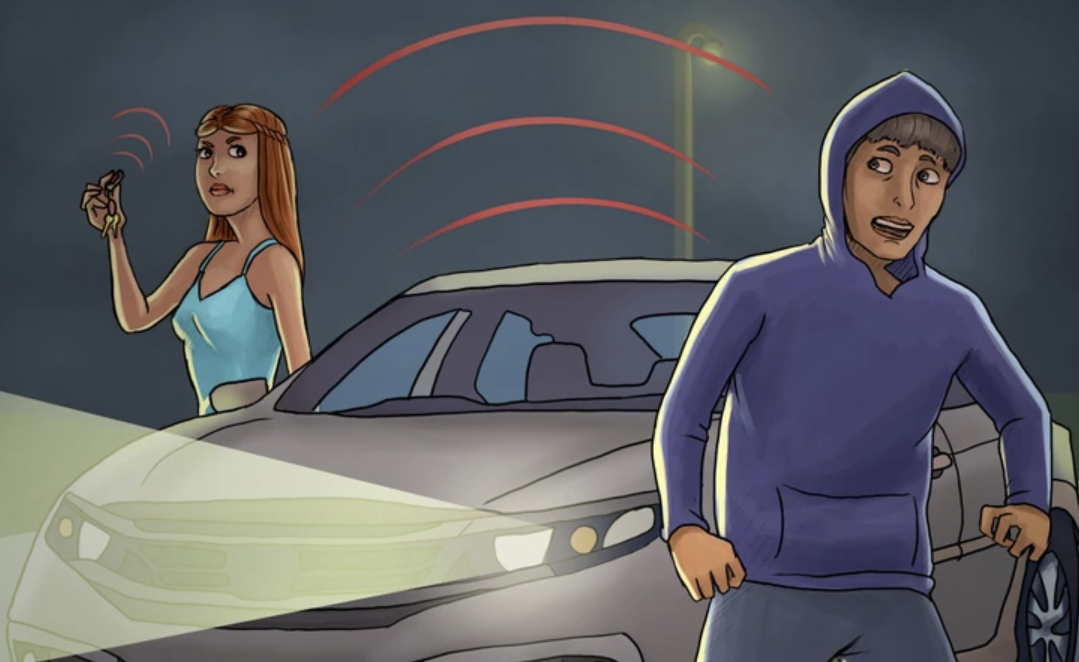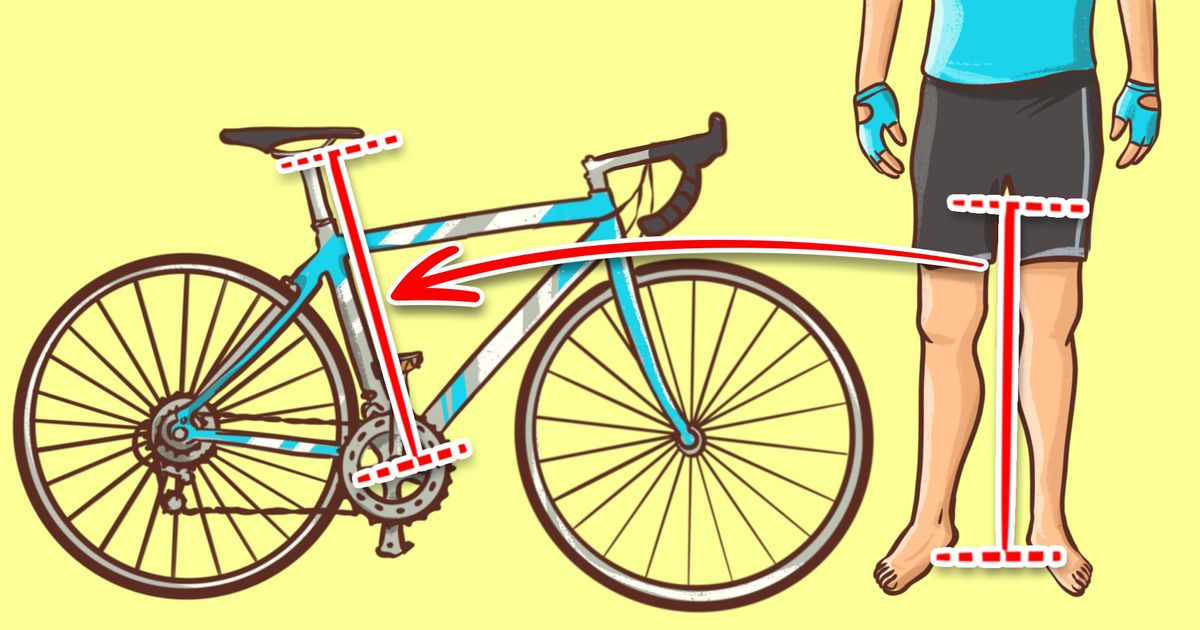Safety is a paramount concern for everyone, regardless of gender. However, women often face unique safety challenges in their daily lives. Being prepared and knowledgeable about safety hacks is crucial for women personal empowerment.
Check out these tips to encompass various aspects of personal safety, from preventing potential threats to reacting effectively in emergencies. Empowering yourself with this knowledge can help you navigate the world with confidence and security.
1. Stay Aware of Your Surroundings
The foundation of personal safety is awareness. Always stay conscious of your surroundings, especially in unfamiliar or potentially risky situations. This vigilance allows you to spot potential threats or dangers before they escalate. Whether you’re walking down the street or in a new environment, keep your attention focused on what’s happening around you.
2. Trust Your Instincts
Women often possess strong intuition, and it’s essential to trust your gut feelings. If something feels off or makes you uncomfortable, don’t ignore it. Our instincts can sense danger before our conscious minds do. If you feel uneasy about a situation or a person, take precautions, such as changing your route or removing yourself from the situation.
3. Stick to Well-Lit Areas
When walking alone, especially at night, make it a habit to stick to well-lit areas with plenty of people. Poorly lit or secluded places can be breeding grounds for potential threats. Well-lit areas not only deter criminals but also provide witnesses who can assist if needed.
4. Share Your Plans
Informing someone you trust about your plans and whereabouts is a simple yet effective safety measure. Share your plans for the day or evening, including where you’re going and when you expect to return. If something were to go wrong, having someone who knows your location can be a lifeline.
5. Learn Basic Self-Defense
Empower yourself physically and mentally by enrolling in self-defense classes. Learning basic self-defense techniques can boost your confidence and equip you with the skills to protect yourself if necessary. These classes often teach techniques to escape holds, break free from grabs, and defend against common attacks.
6. Keep Emergency Contacts Handy
Ensure you have a list of emergency contacts stored in your phone, including local law enforcement, a trusted friend or family member, and any medical information or allergies you may have. This information can be vital in a crisis. Many smartphones have a feature that allows you to call emergency services quickly, even when the phone is locked. Familiarize yourself with this function.
7. Use a Buddy System
Whenever possible, opt for the buddy system. Going out with a friend or letting someone know where you’re going can enhance your safety. There’s strength in numbers, and having a companion provides an added layer of protection.
8. Protect Your Home
Safety isn’t limited to when you’re outside. Ensuring your home is secure is equally important. Invest in quality locks for doors and windows, and consider using security systems or cameras. Keep curtains or blinds closed at night to prevent anyone from peering inside. When leaving your home, double-check that all doors and windows are locked.
9. Carry Personal Safety Items
Carrying non-lethal self-defense tools can provide an extra layer of security. Items like pepper spray, personal alarms, or whistles can be effective in deterring potential threats and buying you time to escape if needed. Familiarize yourself with how to use these tools properly and keep them easily accessible.
10. Practice Online Safety
In today’s digital age, personal safety extends to the online world. Be cautious about sharing personal information on social media platforms and be aware of the potential dangers of online interactions. Protect your online accounts with strong, unique passwords and enable two-factor authentication whenever possible. Be skeptical of unsolicited messages or requests from unknown individuals and report any harassment or threats immediately.
11. Practice Safe Drinking
When enjoying a night out with friends, it’s essential to be mindful of your drinks. Never leave your drink unattended, and if you do, consider it compromised and get a new one. Don’t accept open drinks from strangers, and be vigilant about what you consume. Staying in control of your alcohol intake ensures you remain aware and capable of making sound decisions.
12. Be Cautious with Ride-Sharing Services
Ride-sharing services like Uber and Lyft have become a convenient mode of transportation. However, it’s crucial to prioritize your safety when using these services. Verify the driver’s information before getting in the vehicle, and always share ride details, including the driver’s name and license plate, with a friend or family member. Many ride-sharing apps have built-in safety features that allow you to share your trip in real-time with a trusted contact.
13. Avoid Over-sharing on Social Media
Social media platforms have made it easy to share our lives with friends and followers. However, oversharing can inadvertently put your safety at risk. Avoid disclosing your exact location, daily routines, or upcoming travel plans on social media. You can share your adventures and experiences without revealing sensitive information.
14. Don’t Be Afraid to Say “No”
Your safety and comfort should always come first. If someone makes you uncomfortable or pressures you into doing something you’re not comfortable with, don’t hesitate to say “no.” It’s okay to decline invitations or requests that don’t align with your boundaries and safety.
15. Stay Informed and Adaptive
Staying safe is an ongoing process that requires continuous learning and awareness. Stay informed about safety tips and current events that may impact your personal security. Attend workshops, seminars, or self-defense classes regularly to refresh your knowledge and skills. The more aware and prepared you are, the better equipped you’ll be to handle various situations.
Bottom Line
Safety is not just about avoiding danger; it’s about taking control of your life and making informed choices. By following these essential safety tips, women can enhance their personal safety and empowerment.
Trust your instincts, stay aware, and use technology to your advantage. Always remember that knowledge is your greatest weapon, and being proactive in safeguarding yourself can make all the difference in maintaining your security and peace of mind. Stay safe, stay confident, and embrace the world with a sense of empowerment!






